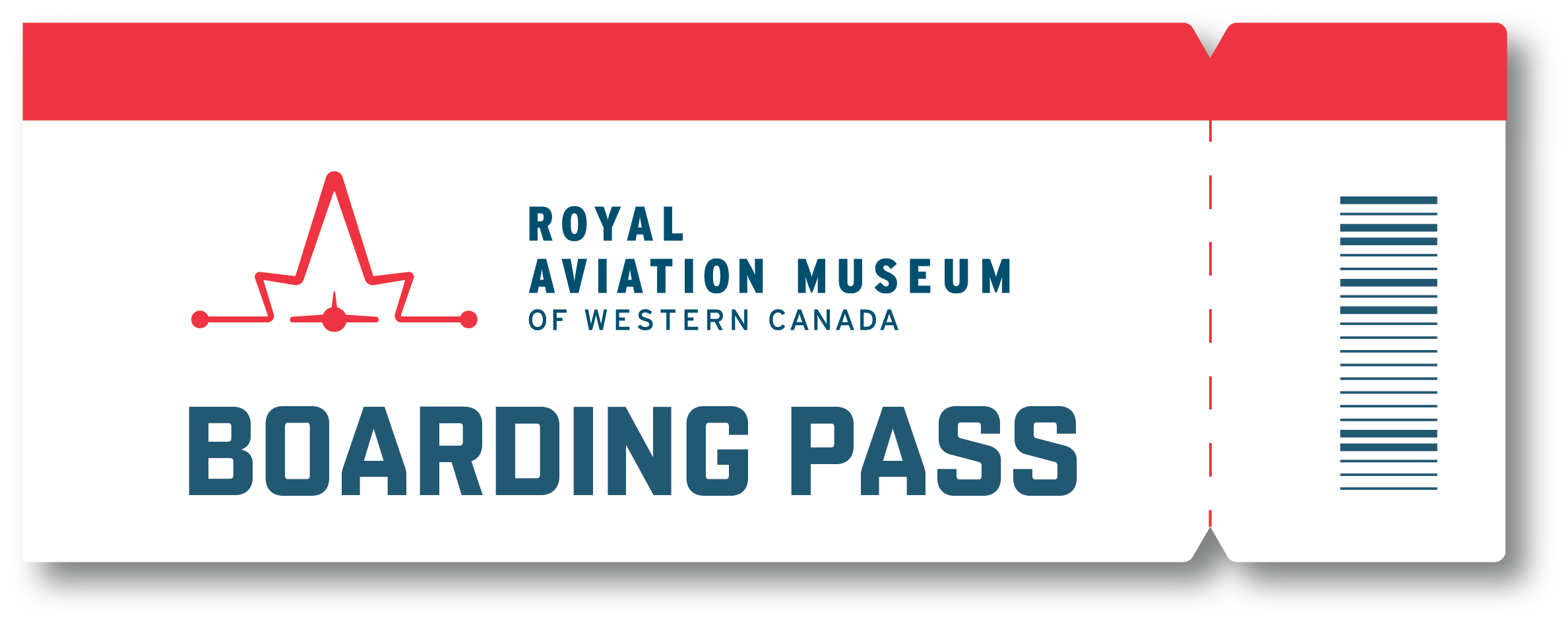During the Second World War, trainee fighter pilots received primary flight training in the de Havilland Tiger Moth biplane before moving on to the more advanced North American Harvard. In 1948, both aircraft were replaced in RCAF service by the DHC-1 Chipmunk, the first aircraft entirely designed and produced by de Havilland Canada. Following the adoption of the Canadair CT-114 Tutor jet trainer in 1962, the RCAF decided that a propeller-driven primary trainer was no longer needed, and the Chipmunk was retired and not replaced. However, the Tutor proved more difficult to fly than anticipated, with trainee pilots suffering a washout rate of nearly 60%. In response, in 1967 the RCAF hastily reintroduced the Chipmunk while it searched for a more modern replacement.
In 1971, the RCAF adopted a militarized version of the popular Beechcraft B23 Musketeer light general aviation aircraft, under the designation CT-134. The type was chosen due to its docile handling characteristics and the RCAF’s longstanding relationship with Beechcraft, which produced the Air Force’s C-45 Expeditor twin-engined transport and navigation trainer. The aircraft was lightly modified for military use through the addition of strakes (fins) to the cowling, horizontal stabilizer, and lower fuselage to improve its stall / spin characteristics. An initial batch of 24 aircraft was purchased in March 1971, serving at No.3 Canadian Forces Flying Training School in Portage la Prairie and the Canadian Forces Central Flying School in Winnipeg. These were subsequently replaced in 1982 by a second batch of 24 aircraft based on the C23 Sundowner model, designated the CT-134A Musketeer II.
The aircraft was well-received by instructors and student pilots alike and significantly increased the pass rate for jet pilots training on the Tutor. The Musketeer trained around 5,000 Canadian pilots before being retired in 1992, when it was replaced by the Slingsby Firefly. Today, the RCAF uses the turboprop-powered Beechcraft Harvard II and the jet-powered BAE Systems Hawk as its primary flight trainers.

